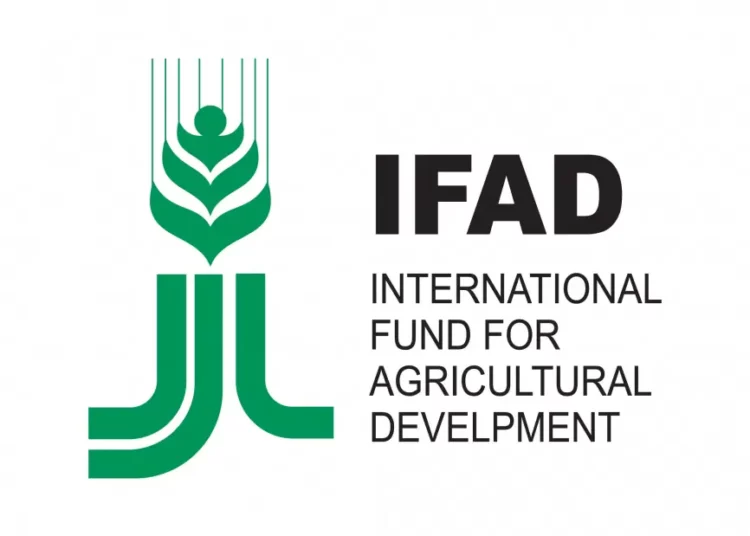The federal government, in collaboration with the International Fund for Agricultural Development (IFAD) and the Global Centre on Adaptation (GCA), has officially launched a technical assistance initiative to accelerate the implementation of the Value Chain Development Programme in Northern Nigeria (VCN).
The initiative, unveiled at a workshop in Abuja yesterday, brought stakeholders together in a collaborative space to begin co-creating solutions to strengthen food systems and enhance agricultural resilience in the face of climate change to ensure the success of the VCN project.
Speaking at the launch, IFAD country director for Nigeria, Dede Ekoue, emphasised the significance of the GCA technical assistance package in laying a solid foundation for a climate-smart, digitally integrated agri-food system across nine VCN participating northern states: Borno, Bauchi, Kano, Katsina, Kebbi, Jigawa, Sokoto, Yobe, and Zamfara.
She lauded the federal government, development partners and co-financier Agence Française de Développement (AFD) for their roles in designing a participatory and policy-aligned programme.
“This partnership and the support of GCA will help accelerate the implementation of interventions aimed at transforming the agricultural landscape in Northern Nigeria.
It is about co-creating practical, digital solutions to strengthen food systems, empower communities, and build resilience in the region”, she said.
Delivering the keynote address, Bukar Musa, director of the projects coordinating unit, Federal Ministry of Agriculture and Food Security, described the collaboration as a landmark step toward achieving a climate-resilient future for Nigerian agriculture.
“This partnership reflects our shared resolve to safeguard Nigeria’s agricultural sector against climate risks by integrating scientific expertise and best practices.
“The technical assistance will enable us to understand vulnerabilities, design robust adaptation strategies, mobilise climate finance, and deploy digital innovation, all vital for sustainable development,” he said.
Musa highlighted four major tools to be developed through the assistance: climate vulnerability analysis, adaptation strategies for key value chains, a climate finance mobilisation plan, and implementation tools for a Digital Innovation Action Plan (DIAP).
Oluwabunmi Ajilore, senior programme officer for food security and rural wellbeing at the Global Centre on Adaptation (GCA), stressed the critical role of assistance in mainstreaming climate resilience and digitalisation and ensuring that projects like VCN deliver lasting food security and economic benefits for Nigerian farmers.
“We aim to ensure that public and private agricultural investments are not undermined by climate hazards like floods or droughts.
Our goal is to help stakeholders understand the risks, adapt appropriately and protect their investments.
“This region is key to Nigeria’s food security, by climate-proofing the value chains here, we are securing livelihoods, strengthening systems and ensuring resilience at a national scale,” he said.
The VCN is a flagship initiative of the federal government, supported by IFAD and co-financed by AFD.
The programme seeks to transform agri-food systems by improving food security, reducing poverty, boosting nutrition and strengthening the incomes and resilience of smallholder farmers, particularly women and youth, in the nine Northern states.
We’ve got the edge. Get real-time reports, breaking scoops, and exclusive angles delivered straight to your phone. Don’t settle for stale news. Join LEADERSHIP NEWS on WhatsApp for 24/7 updates →
Join Our WhatsApp Channel










